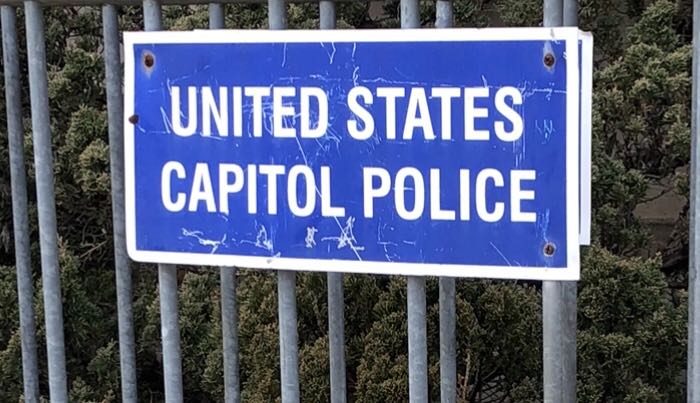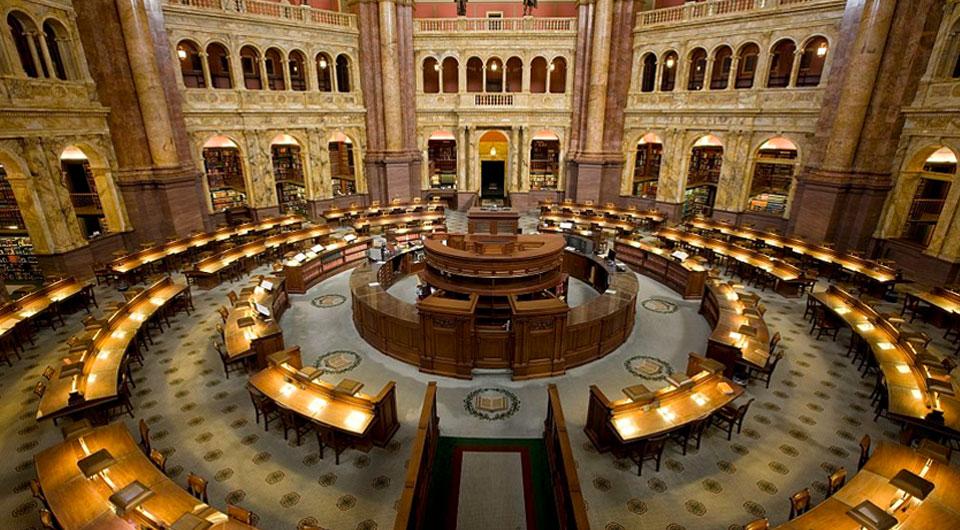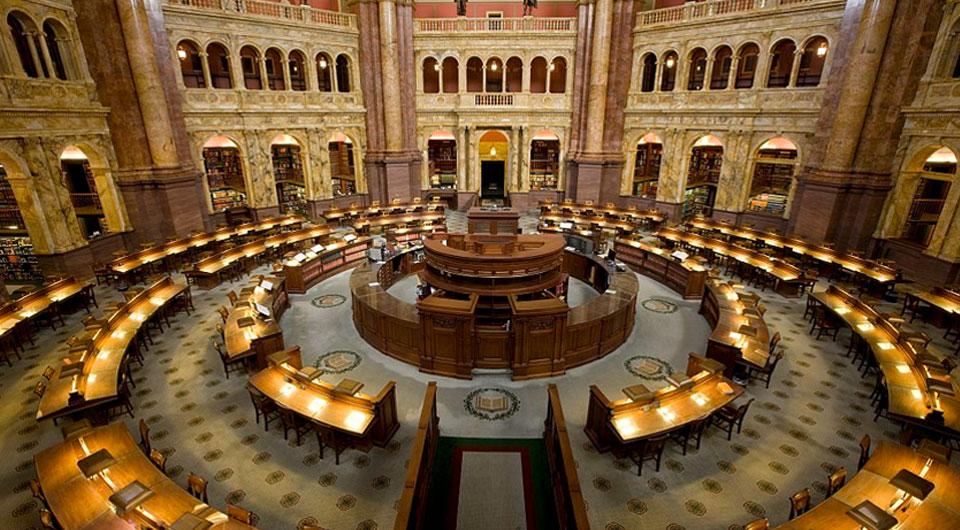ON YOUR RADAR
Shedding light on the Justice Department’s OLC Opinions is the topic of today’s Transparency Caucus briefing, set for 2pm in 1310 Longworth. RSVP to Hannah.Mansbach@mail.house.gov. Here’s why we think OLC opinion transparency is important plus a refresher on legislative efforts concerning OLC opinions. Also, read Mike Stern’s latest on OLC.
Oversight hearings on Leg Branch agencies before House appropriators start this week. Tuesday’s hearings include the Open World Leadership Center at 10 and the US Capitol Police at 11; Wednesday it’s the Office of Congressional Workplace Rights at 10 and CBO at 11. Coincidentally, we have a new report out today on what a year’s worth of data tells us about the Capitol Police.
DIGGING INTO CONGRESS!
Ever wonder how congressional clearances work? We did, and spent several years (with the Project on Government Oversight) to write this new report. The upshot: as a consequence of overclassification and undue deference to the executive branch, Congress’s capacity to oversee classified matters has eroded, with access to information unduly limited to a smattering of staff in a handful of offices.
Congress isn’t subject to FOIA, but many of its offices and agencies have a public records request process. How does it work — and does it work well? Alex Howard took a close look: read his excellent article and look at our data that evaluates each agency and component.
The US Capitol Police is one of the least transparent and accountable legislative branch agencies, which we know because we spent a year looking deeply into their behavior. They have 10% of the legislative branch’s budget, a 2-square mile primary jurisdiction, and a staff the size of Atlanta’s police department (seriously!), but they disclose little information and are often non-responsive to questions. In addition, a non-trivial amount of their work is not closely tied to protecting the Capitol complex and its visitors.
What’s on the Leg Branch’s to-do list? We went through the FY 2020 approps bill and tracked every request and deadline related to congressional modernization. You’re welcome. 
The Library of Congress is publishing some CRS reports, but they should do better: 25 organizations urged the Library to publish current CRS reports as HTML and release important archived reports. (By the way, we appreciate the Library fulfilling our public records request for CRS’s annual reports to Congress for 1981-1994; we made that request last August.)
Interested in Congress’s ability to formulate science and technology policy? You can read our new report, published by the Ash Center, but why not come to our Feb. 21st briefing in 2044 Rayburn? RSVP here.
Is there something we missed in this week’s forecast? Let us know — send us your articles, news, press releases, and angry tweets. Also, encourage your friends to subscribe.
Continue reading “Forecast For February 10, 2020.” →




